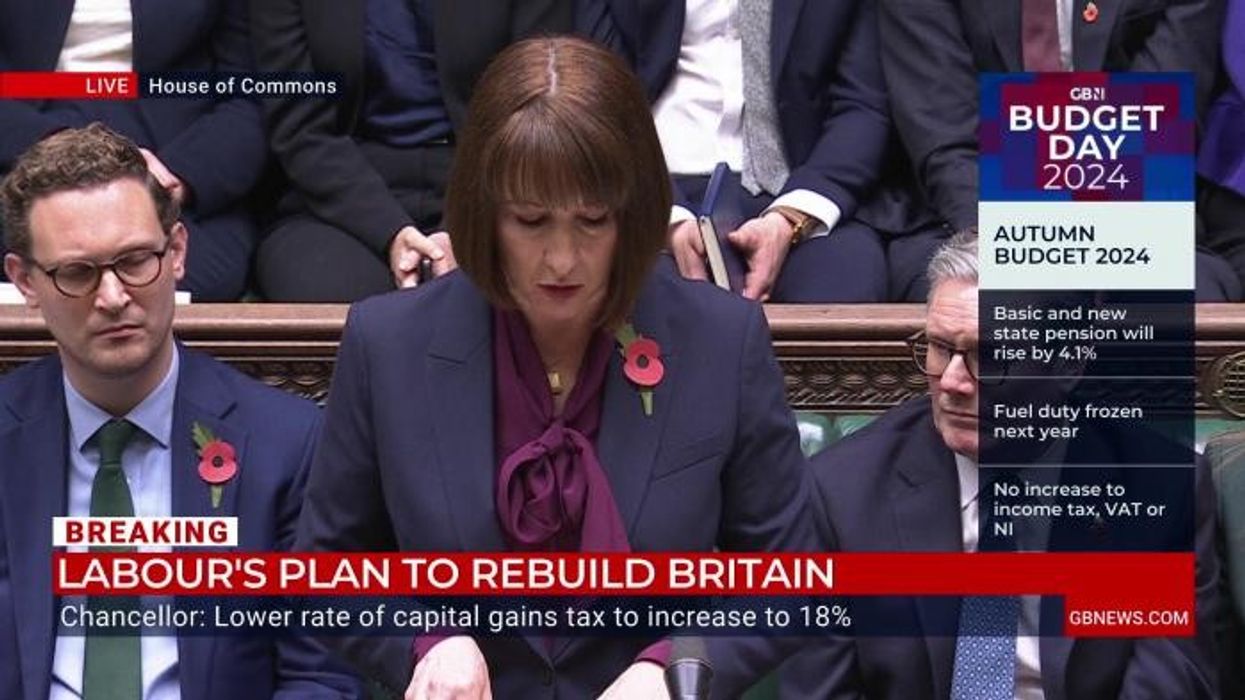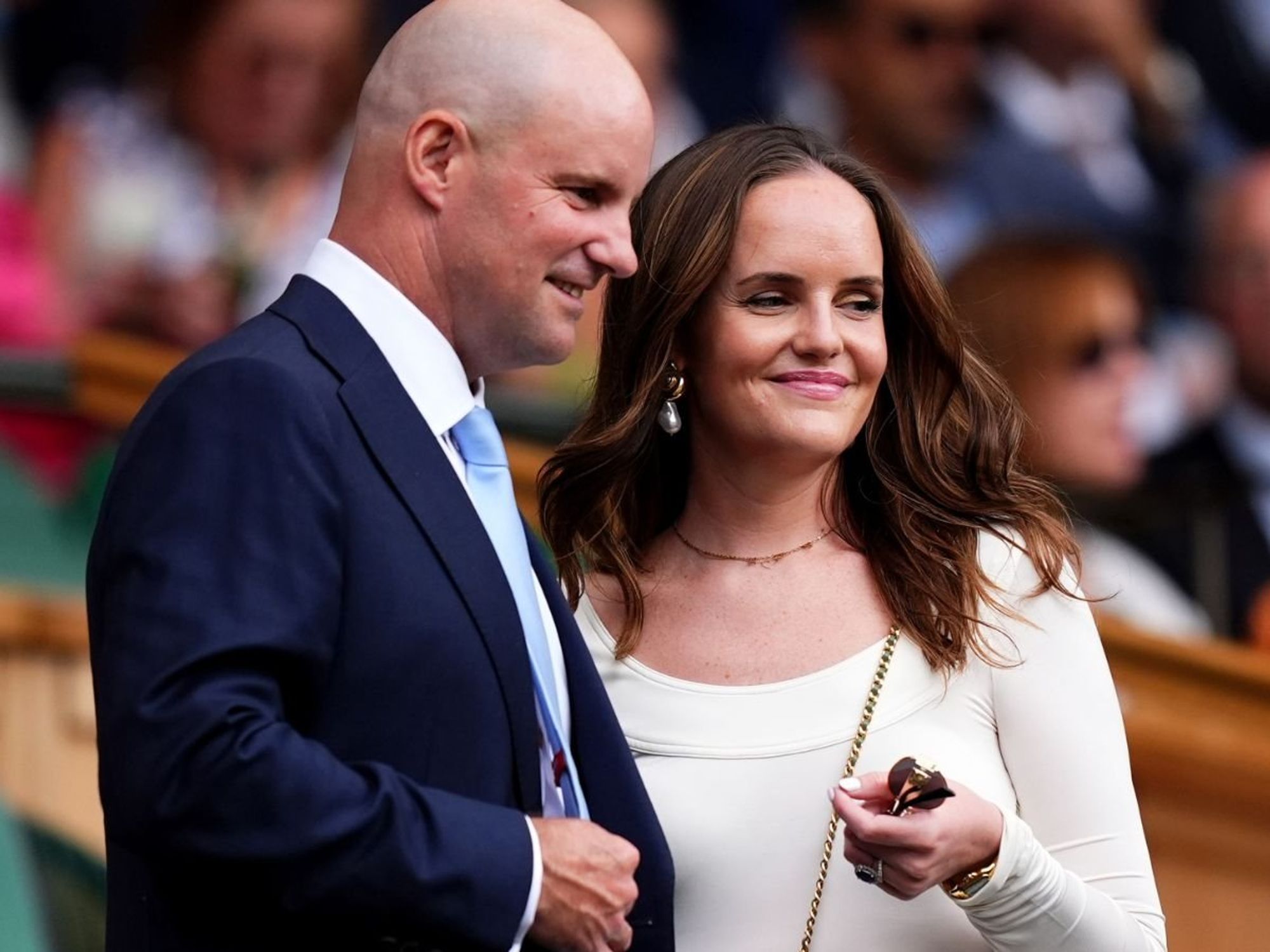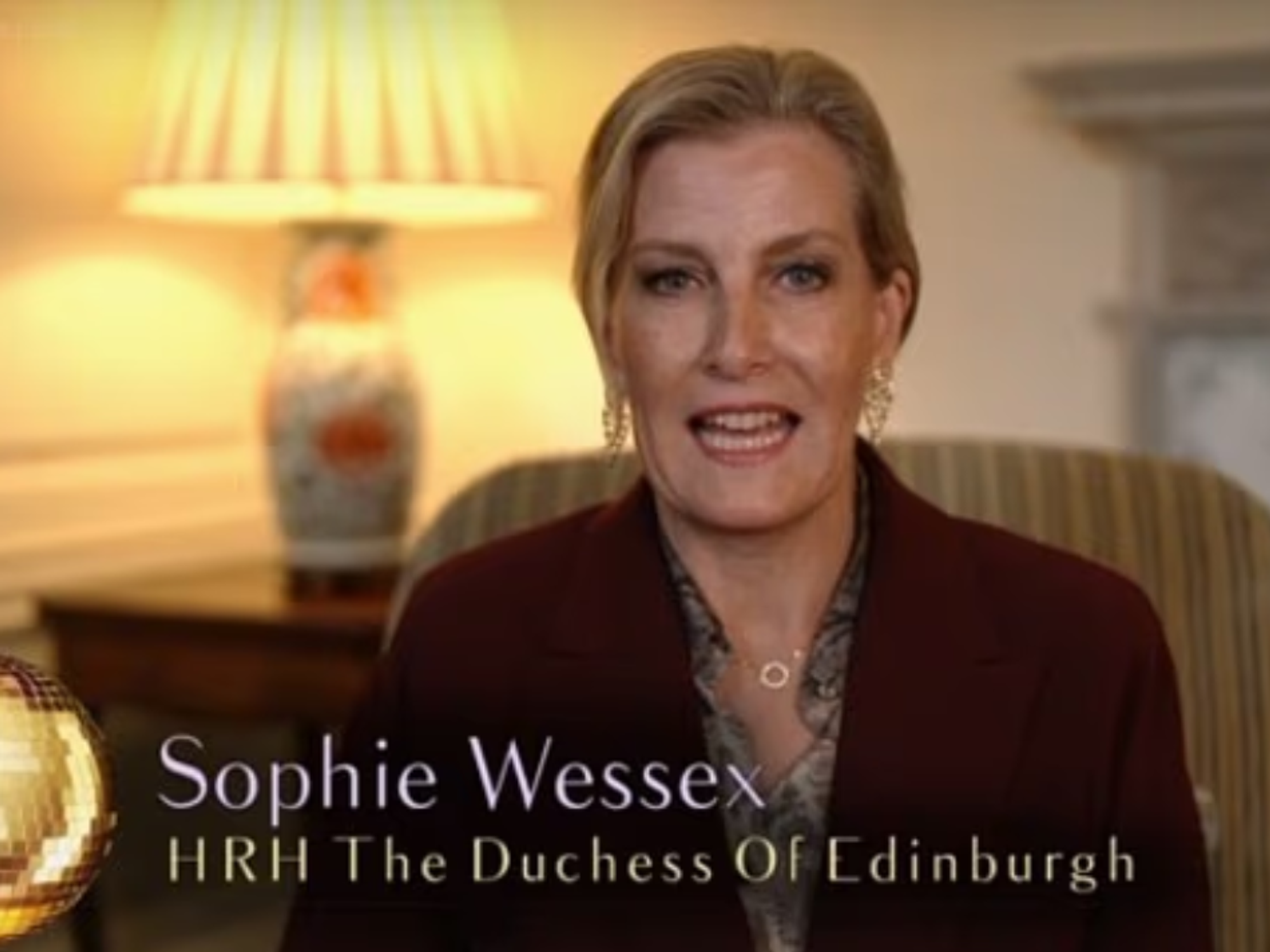How to protect your pensions, savings, and investments from Labour's £40bn tax grab
Rachel Reeves says she will bring inherited pensions into inheritance tax from … |

Don't Miss
Most Read
Latest
As Britons grapple with the £40billon tax increases announced at the Budget yesterday, experts have explained how those affected can protect their cash.
Although Reeves pledged to ensure “more pounds in people’s pockets,” those with pensions, investments, and savings may find themselves with bigger tax bills - but this can be avoided.
The Chancellor made changes to capital gains tax and, tax thresholds inheritance tax, with changes made to pensions too.
Many people will be wondering what this means for their money.
Sarah Coles, head of personal finance, Hargreaves Lansdown said: “It’s easy to get overwhelmed by the endless post-Budget debate, but we need to cut through the noise, and do the right things for our finances right now."
Savings
National Insurance increases: Starting in April 2025, employers will face a 1.2 percentage point rise in National Insurance contributions, bringing the rate to 15 per cent. Additionally, the secondary threshold for contributions will drop from £9,100 to £5,000.
 Rachel Reeves delivered her Budget yesterday | PA
Rachel Reeves delivered her Budget yesterday | PAThese measures are expected to raise £25billion annually by the end of the forecast period, making it the largest tax-raising measure in the budget.
Coles said: "Set up savings while the going is good." She notes that lower earners will benefit from the minimum wage increase, and public sector workers can expect pay rises.
However, Coles warned that the impact of higher National Insurance contributions for employers may lead to smaller pay rises in the future.
Inflation: Inflation is projected to rise to 2.6 per cent by 2025, driven by energy costs and higher wages due to the National Insurance hike, The Office for Budget Responsibility predicted.
Coles recommended drawing up a budget in advance to avoid being caught out by price rises. She said: "You could even implement it early, and build up a cash cushion before it hits."
Despite this increase, inflation is expected to return to two per cent by the end of the forecast period.
Coles added: "The positive news is that inflation is still expected to drop back to two per cent by the end of the forecast, so careful budgeting should help you keep on top of your spending in a way that was nigh-on impossible for so many people when inflation was in double digits."
Investments
Capital Gains Tax increases: Basic rate taxpayers will now face an 18 per cent rate, up from 10 per cent, while higher rate taxpayers will see a rise from 20 per cent to 24 per cent.
To mitigate tax liabilities, Coles suggested Britons consider utilizing the annual exemption of £3,000 for realising gains gradually.
She added: "Using the Bed & ISA process to transfer assets into a stocks and shares ISA can protect you from both capital gains and dividend taxes." This strategy helps keep investments shielded from future tax hikes.
Other tactics include offsetting losses against gains, transferring assets to a spouse or civil partner, and deferring income to potentially pay CGT at a lower rate.
Coles said: "You can hold assets for life, and the tax will reset to zero on death."
Pensions
Inheritance tax changes: From 2027, defined contribution pension pots will be included in inheritance tax calculations, impacting eight per cent of estates and costing an estimated £1.46billion.
Individuals can consider gifting during their lifetimes to reduce estate size. Coles said: "You can give up to £3,000 away each year, which will fall within your annual gift allowance.
LATEST DEVELOPMENTS:
"There’s a separate rule that means you can give away surplus income inheritance-tax free too. You need to pay it from your regular monthly income and have to be able to afford the payments after meeting your usual living costs."
The inclusion of pension pots in inheritance tax calculations may prompt retirees to rethink how they draw from these funds. Experts advise considering annuities for guaranteed income while keeping estates below tax thresholds.
Helen Morrissey of Hargreaves Lansdown said: "Spending down pensions can help avoid inheritance tax, allowing individuals to gift funds to family."











